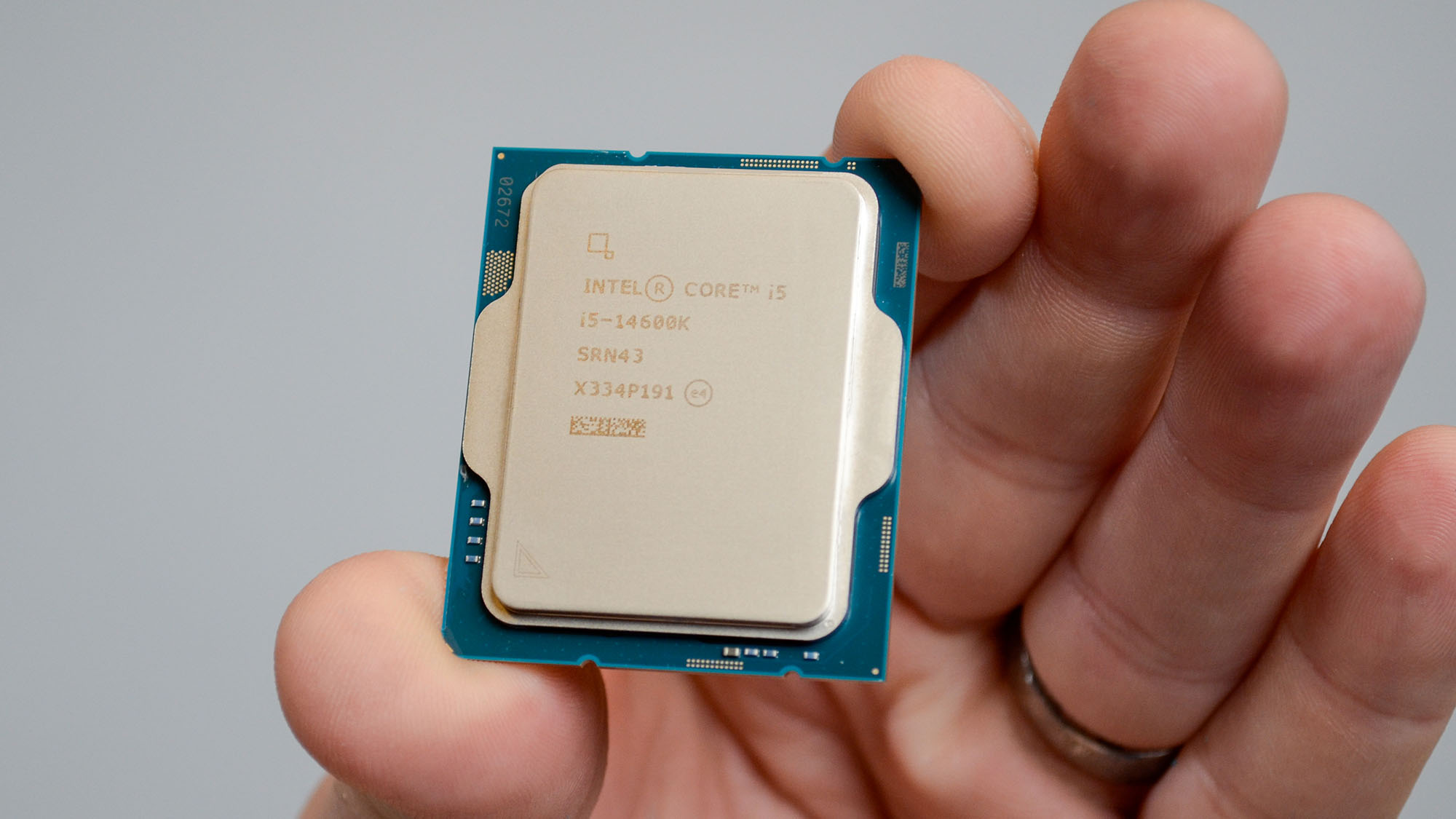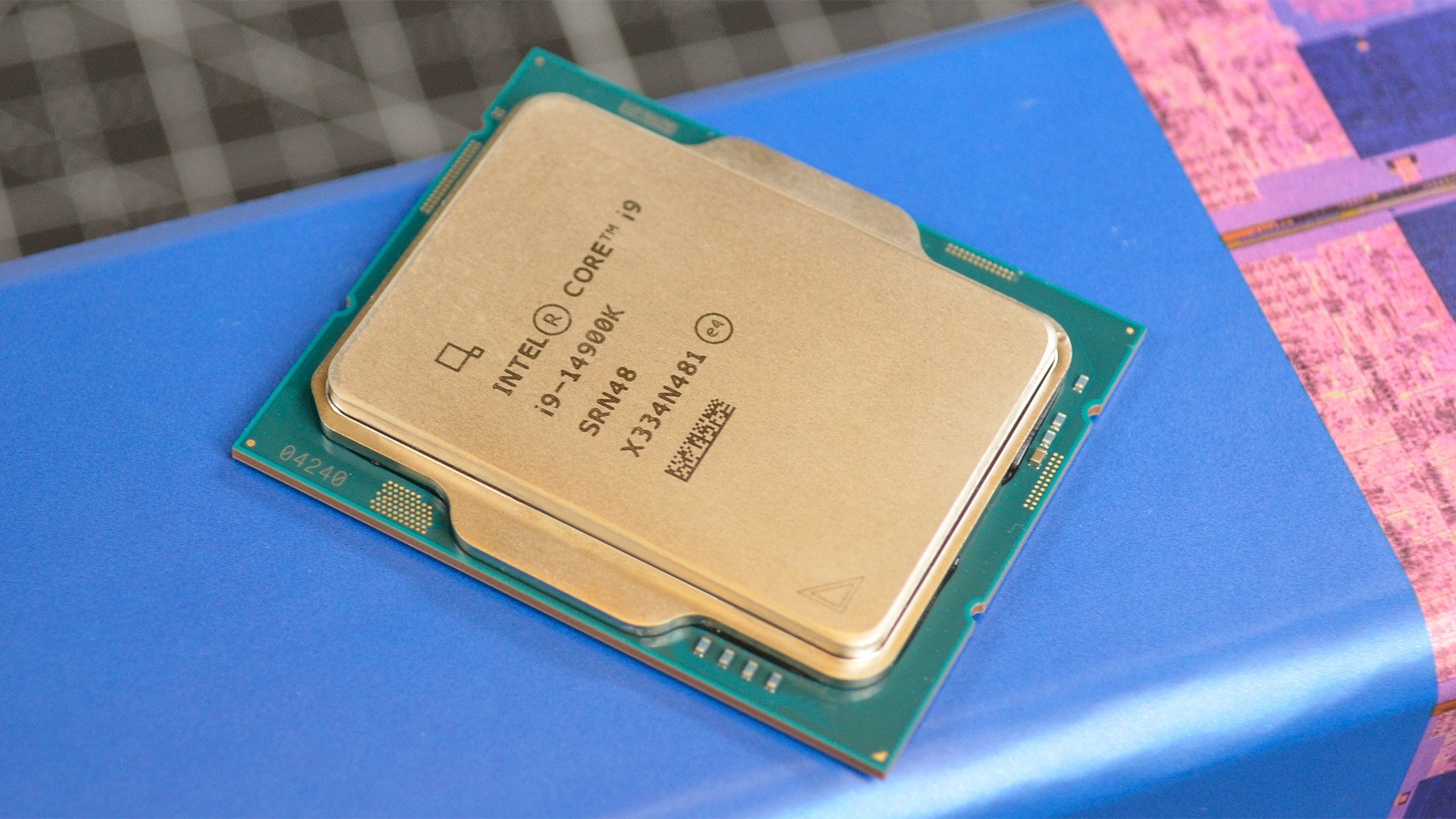Intel’s Beast Lake monster gaming CPUs were canceled, could rumored Razer Lake chips fill that void?
Razer Lake to follow Nova Lake processors, apparently. (And then Copyright Lake?)

Sign up for breaking news, reviews, opinion, top tech deals, and more.
You are now subscribed
Your newsletter sign-up was successful
Intel has a new Lake in the pipeline – a processor family name, in other words – and this fresh sighting is Razer Lake.
VideoCardz noticed that leaker HXL posted on X to air the new codename that Intel is apparently mulling for its future desktop chips.
MSDTLGA1700: ADL-S, RPL-S, RPL-S RLGA1851: ARL-S, ARL-S R(❌)LGAxxxx: NVL-S? RZL-S?🤔 https://t.co/S4F8JCG2HrSeptember 23, 2024
Another well-known hardware leaker on X, Bionic Squash, then weighed in to observe that Razer Lake is indeed a correct codename for the family of CPUs that’ll follow Nova Lake.
So, if this is correct, right now we have Arrow Lake desktop CPUs (ARL-S, the ‘S’ referring to desktop) arriving imminently, and as we heard recently, HXL confirms that ARL-S R, meaning the rumored Refresh, has been canceled.
Arrow Lake uses a new CPU socket and we don’t know what else will support that socket, but Nova Lake, due in 2026, will switch to a new socket. After Nova Lake desktop (NVL-S), according to HXL we’ll get Razer Lake (RZL-S) in that same socket.
Take all of this with some caution, of course, as with all the chatter that filters down from the rumor mill. With Nova Lake supposedly coming in 2026, we can theorize Razer Lake could arrive in 2027 or 2028.

Analysis: Razing the online opposition?
This is quite interesting viewed from the perspective of previous Intel CPU rumors, as what we heard before was that Nova Lake was to be followed by Beast Lake. Indeed, Nova Lake was framed as version 1.0 of Intel’s Royal Core project – adopting Rentable Units (giant performance cores that can be split into units, replacing hyper-threading) – and Beast Lake was supposed Royal Core 1.1.
Sign up for breaking news, reviews, opinion, top tech deals, and more.
With the Royal Core concept purportedly scrapped, now we seemingly have Razer Lake instead of Beast Lake. Now, Beast Lake was hoped to be a generation to usher in monster gaming CPUs, so might Razer Lake be a similar idea? Well, the name certainly has a gaming theme…
In all seriousness, we have no idea what Razer Lake might be – if anything – and no details are provided here, save for the socket. The name does seem odd, though, considering it’s Razer Lake and not ‘Razor’ Lake, heavily treading on the toes of a certain maker of gaming peripherals and laptops in quite an outlandish manner, on the face of it. (What next – Risen Lake?)
We’d say Razer might be misspelled (or misheard), but a second leaker clearly backs up the name spelled in that way. And we’re not nearly at April 1 yet. Razer Lake doesn’t really make any sense to us, unless it’s ‘razing’ in the sense of totally destroying the opposition (again, possible a gaming reference?).
What also seems odd here is that we only have one generation of processors down to use the LGA 1851 socket that Arrow Lake introduces. It would seem weird for Intel to have a series of motherboards that was only compatible with a single generation of Core CPUs, frankly – so are we missing a piece here? Is Arrow Lake Refresh set to be replaced with something, rather than going straight to Nova Lake on a different socket. Or will Nova Lake stick on LGA 1851 somehow? (HXL certainly doesn’t think so).
This leak brings up more questions than answers, so we guess we’ll just have to sit tight and wait to see if anyone else pipes up with further info on Razer Lake – or indeed whatever might follow Arrow Lake. Are we really going to straight to Nova Lake from Arrow?
You might also like
Darren is a freelancer writing news and features for TechRadar (and occasionally T3) across a broad range of computing topics including CPUs, GPUs, various other hardware, VPNs, antivirus and more. He has written about tech for the best part of three decades, and writes books in his spare time (his debut novel - 'I Know What You Did Last Supper' - was published by Hachette UK in 2013).